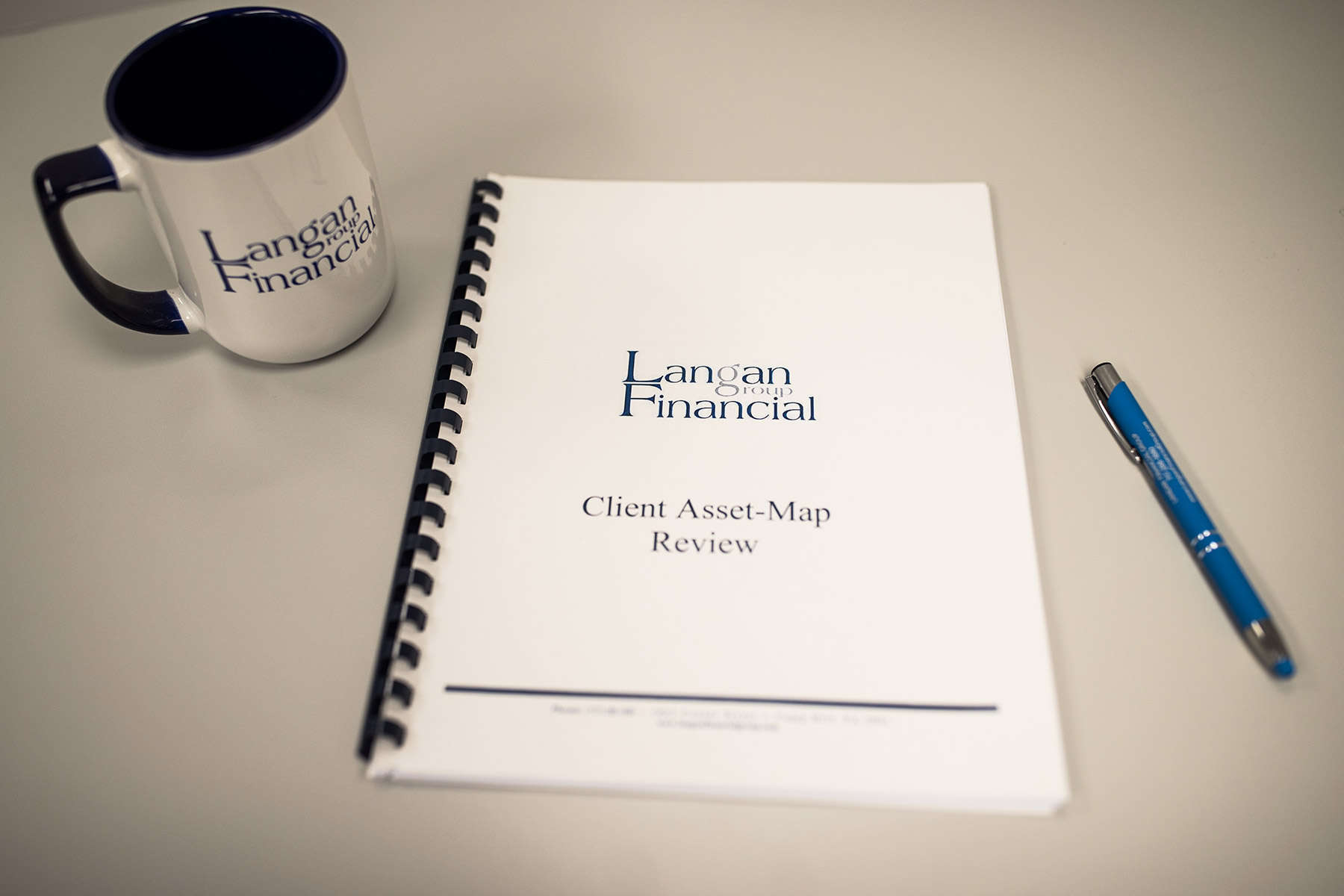TLDR;
- New Requirement: Starting in the 2025–26 school year, Pennsylvania will require financial literacy courses in all high schools.
- Curriculum Focus: Covers key money skills like earning, spending, saving, and investing.
- Proven Benefits: Similar mandates have led to better credit scores and lower debt among young adults.
- Implementation Challenges: Schools may need to adjust curricula and allocate new resources.
- Langan’s Support: The firm supports the mandate and offers help to educators and students.
Pennsylvania’s recent legislative mandate, requiring financial literacy courses in both public and private schools, marks a significant stride towards equipping teens with beginner financial literacy skills. This emphasis on financial education underscores its pivotal role in enabling effective money management and steering individuals away from debt pitfalls.

“We are excited to see Pennsylvania enact this legislation. Often times, financial literacy is overlooked and people do not realize the gap until they are trying to manage their own financials.“
Bob Langan, Langan Financial Group
The Mandate for Financial Literacy Education

The legislation outlines comprehensive requirements for schools, encompassing both public and private institutions. Starting from the 2025-26 school year, schools must integrate beginner financial literacy education into their curricula.
The legislation requires the curriculum to cover essential money skills: earning, spending, saving, and investing. This ensures students get practical knowledge about making money, spending wisely, saving smartly, and understanding the basics of investing and making investing decisions. These lessons aim to empower teens to handle their finances confidently in the future.
Impact on School Curriculum
Adapting school curricula to include financial literacy courses presents an expected but necessary challenge. Schools will need to reconfigure their educational plans to incorporate these new subjects.
The shift might pose challenges, including balancing costs, resource allocation, and integrating beginner financial literacy without compromising existing electives.
Benefits of Financial Literacy Education in Teens
Plenty of research and statistics highlight the benefits of financial literacy education. When students have financial knowledge, it drastically shapes how they make decisions and boosts their credit scores. It is not only about teaching budgeting; it is about nurturing a mindset that promotes long-term financial well-being.
In a recent study, funded by the FINRA Investor Education Foundation, examined the impact of state-mandated financial education among high school students in Georgia, Idaho, and Texas.
Analyzing data from the Federal Reserve Bank of New York, revealed credit score increases of 2%, 3%, and 5% respectively in these states, underscoring the positive influence of beginner financial education mandates on young adults’ credit outcomes.
Additionally, the study noted a significant 33% relative decrease in delinquency rates, emphasizing the long-term benefits of robust financial education programs.
Criticisms and Counterarguments to Financial Literacy Education for Teens
Some might argue against mandating financial literacy education, citing concerns about overcrowded curricula or suggesting financial education is the responsibility of parents.
However, evidence strongly supports the necessity of these courses, highlighting the potentially life-changing benefits they offer to students, irrespective of parental support or knowledge.
Basic Financial Literacy Future Implications and Considerations
Looking ahead, the impact of this mandate extends far beyond individual students. Equipping the younger generation with financial literacy skills holds the potential to positively shape society and the economy.
As these students mature into responsible adults, the collective financial well-being of the state could see substantial improvements.
Langan Financial Group’s Thoughts
The significance of beginner financial literacy cannot be emphasized enough. At Langan Financial Group, we passionately advocate for this cause, recognizing its pivotal role in empowering individuals to make informed financial decisions and safeguard their futures.
Pennsylvania’s progressive move to mandate financial literacy education is a commendable commitment toward nurturing a financially adept generation. We are thrilled to align with this initiative, eagerly offering our support to collaborate with students and educators.
Together, we aim to equip teens with the knowledge and skills essential for their lifelong financial well-being, fostering a more robust and resilient society.
About the Authors

Alexander Langan, J.D, CFBS, currently serves as the Chief Investment Officer at Langan Financial Group. In this role, he manages investment portfolios, acts as a fiduciary for group retirement plans and consults with clients regarding their financial goals, risk tolerance and asset allocation.
With a focus on ERISA Law, Alex graduated cum laude from Widener Commonwealth Law School. He then clerked for the Supreme Court of Pennsylvania and worked in the Legal Office of the Pennsylvania Office of the Budget, where he assisted in directing and advising policy determinations on state and federal tax, administrative law, and contractual issues.
Alex is also passionate about giving back to the community, and has helped establish The Foundation of Enhancing Communities’ Emerging Philanthropist Program, volunteers at his church, and serves as a board member of Samara: The Center of Individual & Family Growth. Outside of work and volunteering, Alex enjoys his time with his wife Sarah and their three children, Rory, Patrick, and Ava.

Reid Ruark currently serves as an Associate Investment Advisor at Langan Financial Group where he assists Alex in managing investment portfolios, prepares client reviews, and helps operate social media platforms. In his free time, Reid enjoys spending time with his wife, playing pickleball and connecting with members of the community.
About Langan Financial Group
Langan Financial Group is an independent financial planning firm in right outside of Harrisburg, Pennsylvania. Established in 1985, Langan Financial Group offers a broad range of financial planning services. With an open architecture platform, our advisors have access to a diverse range of products, free from any sales quotas. Our team of financial experts, each with unique specialties, enhances our ability to deliver value to clients.
Disclosures
The information in this material is not intended as tax or legal advice. Please consult legal or tax professionals for specific information regarding your individual situation. The opinions expressed and material provided are for general information.




